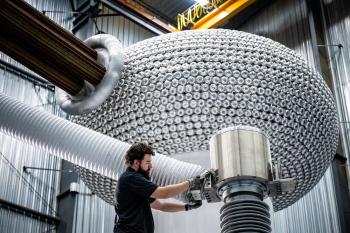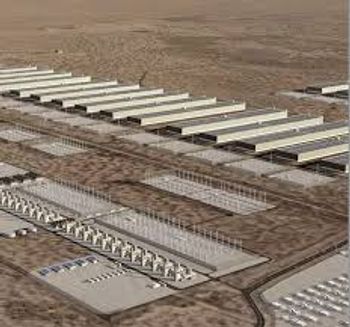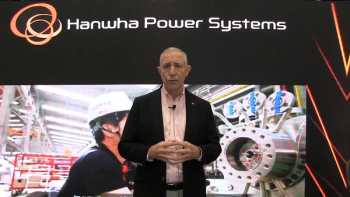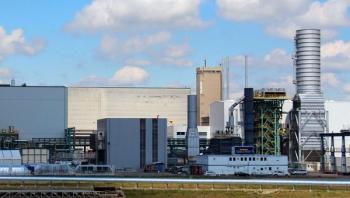
Micro-Gas Turbine Advancements and Market Dynamics
Antonio Perejon of ETN Global says micro-gas turbines are improving due to advances in heat recovery, fuel flexibility, and digital controls, but market adoption still faces challenges.
At Turbo Expo 2025, Antonio Escamilla Perejon, Client Relationship Manager at ETN Global, sat down with Turbomachinery International to discuss key technological advancements that are driving global micro-gas turbine adoption, growth barriers, and primary market drivers.
TURBO: What key technological advancements are currently driving micro-gas turbine adoption globally?
Perejon: Recent developments in heat recovery systems, fuel-flexible combustion, and digital control systems are significantly improving the performance and appeal of micro-gas turbines. Hot temperature materials and more robust coatings are reducing maintenance and increasing equipment lifetime. While more advanced control systems enable autonomous operations and easy integration, some manufacturers are choosing more complex architectures, such as two- and three-spool configurations, which enable greater operational flexibility and allow turbines to operate more efficiently across burning load conditions, which increases the part load efficiency and supports easier integration with dynamic energy systems.
With ETN Global’s Energy Integration Working Group, we are fostering continuous collaborations to support these developments, especially around decarbonized fuel compatibility and system integration. The sector is advancing, but scale remains a barrier. Adoption is still hindered by low commercial volumes and a need for a broader market pool.
TURBO: What are the primary global drivers for the micro-gas turbine market growth?
Perejon: Market trends arise from a growing demand for decentralized and resilient energy systems. Moreover, there is a need for combined heat and power, which offers continuous power, low emissions, and minimal noise, along with the potential for integration with low-carbon fuels. Unlike larger gas turbines, the micro gas turbine market remains small and faces intense competition from technologies such as fuel cells, internal combustion engines, and even solar photovoltaics. The reasons for this include the battery engine system, which typically benefits from greater visibility and funding within ET and globally. We are supporting and fostering this through our technical platforms and at the European Micro Gas Turbines Energy Forum, which we are co-sharing. This year marks the first signs, and we will host the discovery in Brussels.
Newsletter
Power your knowledge with the latest in turbine technology, engineering advances, and energy solutions—subscribe to Turbomachinery International today.




